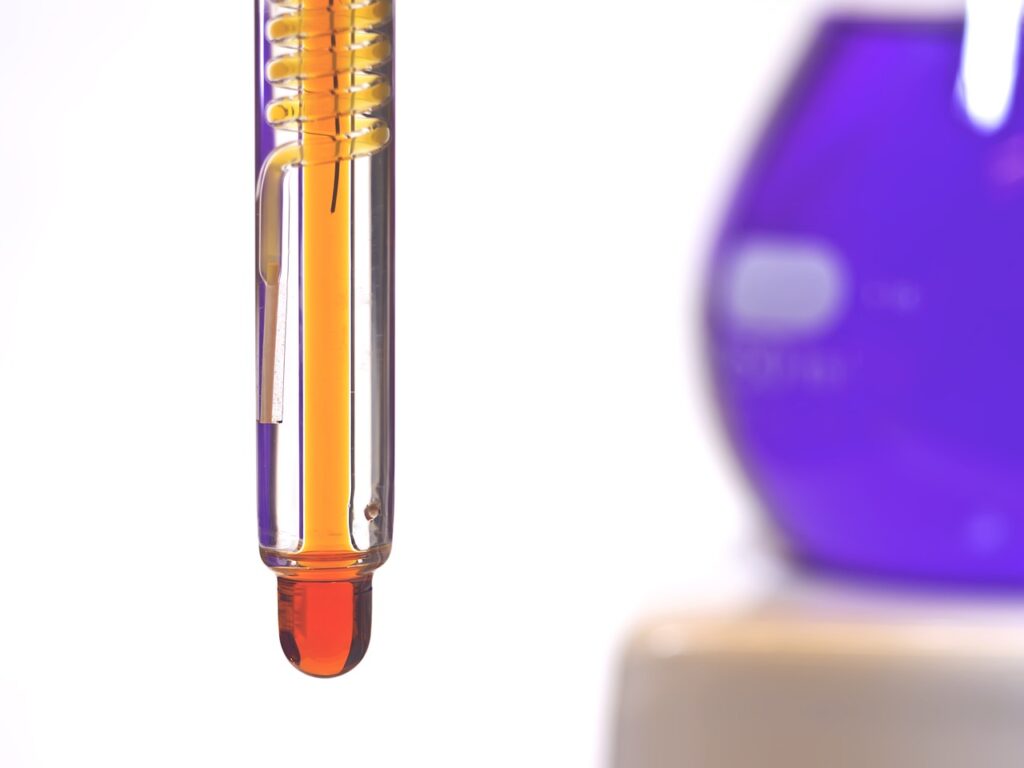Betta Fish pH: An Essential Factor in Betta Health
Prominent with their vibrant scales and flowing fins, betta fish make attractive and fascinating pets. But despite their beauty, they require careful maintenance, like any other pet. One essential aspect that contributes to a betta’s healthy existence is the betta fish pH. It impacts their health, behavior, and overall well-being.
The concept of betta fish pH takes a close examination of the water qualities these fish inhabit in the wild and ensuring we replicate those conditions the best we can in their aquarium homes. Let’s delve into understanding all about betta fish pH.
The Importance of Betta Fish pH
The degree of acidity or alkalinity in water is determined by its pH level. Betta fish pH is ultimately the pH level of the water in which your betta fish resides. Betta fish, originally from the warm rice fields of Thailand, are accustomed to slightly acidic to neutral water. Therefore, the right betta fish pH promotes the wellbeing of the betta by mimicking its natural habitat.

Optimal Betta Fish pH
The optimal betta fish pH is slightly acidic to neutral, generally between 6.5 and 7.5. A balanced betta fish pH in this range creates a conducive living environment, similar to a betta’s natural habitat.
The Effect of Incorrect Betta Fish pH
Just as the right betta fish pH ensures your betta’s well-being, an incorrect pH level can cause stress and illness. Fluctuating or incorrect betta fish pH levels can result in pH shock. Too low a betta fish pH (acidic) can lead to asphyxiation. In contrast, too high a betta fish pH (alkaline) can lead to ammonia toxicity. Therefore, maintaining a stable betta fish pH is critical for the health of your betta.

Altering Betta Fish pH
If your betta fish pH is not in the optimal range, it’s crucial to adjust it. However, any alteration in betta fish pH should be gradual to prevent shock. The methods to raise or lower betta fish pH should be conducted in a measured and controlled manner. Hence, knowing when and how to adjust the betta fish pH forms a practical aspect of betta fish care.
Testing Betta Fish pH
Regularly testing the betta fish pH is a crucial habit for betta owners. A testing kit will tell you your current betta fish pH and if it needs adjusting. Regularly checking the betta fish pH levels, at least once a week, can contribute to your betta living a long and healthy life.
Natural Way to Influence Betta Fish pH
Certain natural methods can influence betta fish pH. Driftwood for instance can mildly decrease pH levels while crushed coral or limestone can increase the pH. However, it is essential to note that these methods may not offer a very definite control on betta fish pH but can assist in maintaining stability.

How to Raise or Lower Betta Fish pH
Commercial products can be used to change the betta fish pH level accurately and efficiently. Whether you need to raise or lower the betta fish pH, ensure you start with small amounts and increase slowly to avoid shocking your betta. Always follow the manufacturer’s instructions.
The Importance of Stability
While getting and adjusting the betta fish pH is important, stability in pH is even more critical than achieving a perfect pH number. Rapid swings in pH pose a larger threat to your betta’s health than slightly sub-optimal pH. Hence, it may be better to have a slightly off yet steady betta fish pH than a ‘perfect’ one that fluctuates.
Conclusion
Given its significant impact on betta fish health, understanding and maintaining betta fish pH is an integral part of betta fish care. Now that you know more about betta fish pH, become a responsible betta owner by regularly checking and maintaining your tank’s pH level.
Betta fish are hardy creatures that prove to be wonderful companions. However, they require specific care, and ensuring the right betta fish pH forms an indispensable aspect of it. The fundamental to remember is, while the right pH is important, the stability of pH is vital. In other words, it’s not about achieving the perfect betta fish pH, but rather about maintaining a stable betta fish pH.
With careful attention to betta fish pH and a commitment to its maintenance, your betta fish can thrive in its aquatic home. This, in its entirety, completes the cycle of betta fish ownership—a blend of care, learning, and unparalleled delight. Undoubtedly, ensuring the right betta fish pH equates to ensuring your betta fish’s health and, therefore, its happiness. So, dive in—and indulge in the fulfilling and exquisite journey of pet ownership, where the ripples of betta fish pH weave an essential chapter.
FAQs
1. What is the ideal betta fish pH?
– The ideal betta fish pH is slightly acidic to neutral, generally between 6.5 and 7.5.
2. How often should you test the betta fish pH?
– It’s generally advised to test the betta fish pH at least once a week.
3. How can you alter betta fish pH?
– Gradual alterations can be made using commercial products or natural means like driftwood (to lower) or crushed corals, limestone (to raise). Always adjust slowly to avoid stress or shock to your betta fish.
